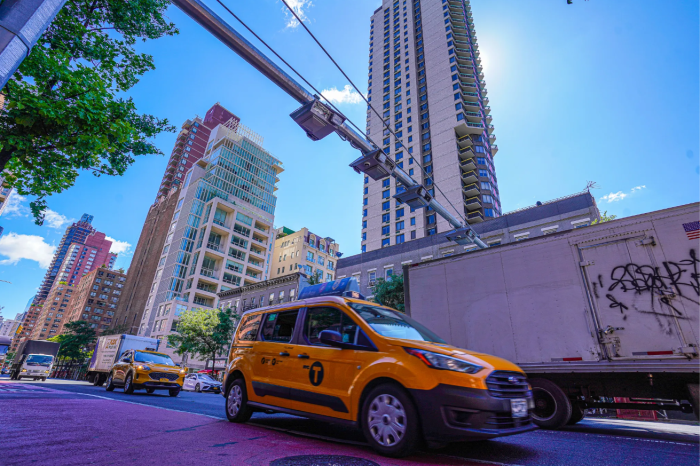
Ramadan has always been a time of reflection, a chance to stop and recharge my batteries, an opportunity to take a break from the regular pace.
Islam prescribes this month of fasting, and as with many, my favorite place to be during Ramadan is the mosque in the evenings. I attend iftars – “breaking of fast” – across the city in various Muslim communities. The mosque is a place of peace for me, particularly during this holiest of months for Muslims.
With fond feelings for my own mosque in mind, I followed closely the story of a group of armed protestors organizing an anti-Muslim rally outside a Phoenix mosque last month. The armed rally spurred an interfaith counter-rally that brought together people of goodwill to reject the rhetoric of hate and affirm the language of “loving thy neighbor.” Gaining national attention, it inspired a hashtag, #NotMyAmerica, for activists to speak out for interfaith solidarity. But despite positive responses, the fear that this could start an epidemic of similar protests still lingers in my heart.
If Ramadan is a time to reflect, then let us reflect on what it means to be Muslim in America today. Based on a number of events in 2015 already, our community is facing the most hostile environment since 9/11.
The number of hate crimes against members of the Muslim, Arab and South Asian communities has dramatically increased. There is a growing disconnect between freedom of speech and the freedom to practice religion without fear or intimidation: Increasingly, irresponsible and rhetorical bullying is leading to violent acts against a vulnerable minority.
Since January, we have seen a combination of anti-Muslim political speech and a tarnished law enforcement apparatus, leading to hate crimes, which range from petty vandalism to outright murder. Political candidates have created a climate of fear by warning of nonexistent “Muslim no-go zones,” using American Muslims as the new political hot potato.
Elected officials have evaded their representative duty by refusing to meet with American Muslim constituents in Texas and Oklahoma. Lawmakers have held up vital child support legislation in Idaho to pass legislation banning Sharia law, in a bill similar to ones proposed in Georgia, South Carolina, North Carolina, Tennessee and Texas. There have been countless acts of vandalism: threats to mosques and Muslim groups in San Diego, Phoenix and Ames, arson at a Houston mosque and hate graffiti on an Islamic school in Rhode Island.
Recent articles have questioned the shady practices of FBI counterterrorism strategies: Informants have been sought out and coerced through torture; fictitious entrapment scenarios have been created; and in the midst of this there are still many unanswered questions about the shooting of a black Muslim man under surveillance by a joint terrorism task force in Boston. Where was law enforcement when a white man from Georgia planted a bomb in a city park in order to sow fear against Muslims?
Plainly stated, the fear of physical harm and loss of life have shaken the American Muslim community to its core: the execution-style murder of three American Muslim college students in Chapel Hill, North Carolina, a Muslim teenager run down in the street as he left his mosque in Kansas City, an Iraqi refugee shot in Dallas as he stopped to take pictures of his first snowfall. Alongside the casualties, there are egregious acts meant to instill fear: 18 shots fired into a Muslim family’s home in North Carolina, a former Congressional candidate plotting an attack on an American Muslim enclave in upstate New York, the armed rally in Arizona.
Ramadan is the month when Muslims spend the most time in their mosques. Men, women and children gather in the evenings after sunset, enjoying a sense of community, breaking their fast together and praying extra prayers late into the night. Imagine armed and potentially violent protestors circling a church during Christmas Mass or a synagogue during High Holy Days.
As a nation, we know these issues exist. Seventy-three percent of Americans believe that Muslims face a great deal or fair amount of discrimination. So, where do we draw the line between people’s right to protest and the right of people to practice their faith without fear or intimidation?
In a country colonized upon the very principle of freedom of religion, attending the mosque in this most dangerous time for Muslims in America will be not only an act of faith, but also an act of courage.
Sarsour is executive director of the Arab American Association of New York and a racial justice and civil rights activist.



































